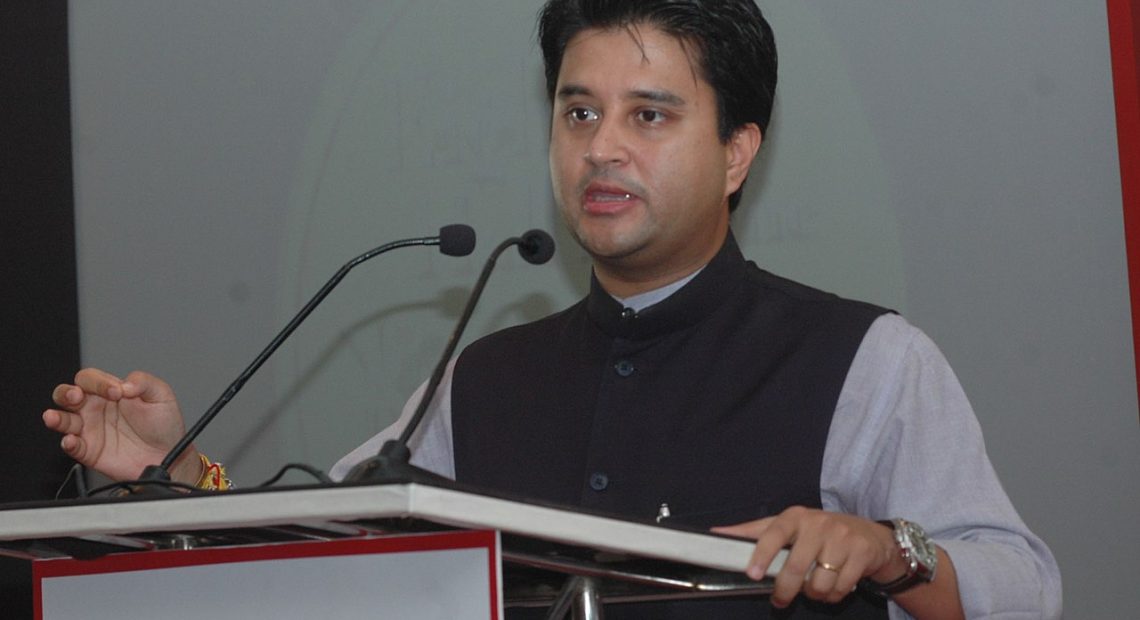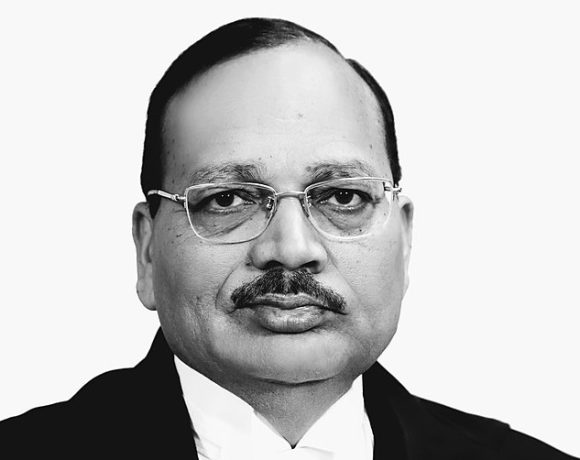
Telecom Minister Warns: India Can’t Afford a Duopoly
India’s Telecom Minister has strongly asserted that the country’s telecommunications sector cannot and must not become a duopoly, cautioning that such a scenario would stifle innovation, drive up consumer costs, and harm long-term development. Speaking at a high-level industry interaction, he stressed the government’s commitment to preserving a competitive, multi-operator environment.
According to the minister, “a duopoly would stifle consumer choice, drive up prices, and reduce service quality.” This statement reflects growing concerns that India’s telecom market may be headed toward a landscape dominated by just two players, with smaller operators struggling to stay afloat amidst aggressive consolidation and pricing pressures.
Telecom Competition Means Consumer Benefit
The minister highlighted that India’s low-cost mobile and data services, which have made it a global leader in affordability, are a direct result of robust competition among multiple service providers. He noted that this ecosystem of competitive pricing, service innovation, and consumer benefit would be at risk if the market consolidated into the hands of only two major players.
The government is working closely with regulators like the Department of Telecommunications (DoT) and TRAI to monitor market conditions and prevent monopolistic or duopolistic behavior. Proposed safeguards include reviewing spectrum auction rules, reducing entry barriers for new operators, and encouraging infrastructure sharing.
Preventing Market Consolidation
To maintain balance, the minister stated that spectrum allocation may soon include new caps to prevent any single operator from acquiring excessive airwaves in key circles. He also hinted at regulatory reforms that would encourage regional and smaller operators, including tax incentives and easier compliance procedures.
Infrastructure sharing and leasing models will also be promoted to help smaller telecom players reduce operational costs and stay viable. These efforts aim to ensure that rural and remote parts of India receive as much focus as metro areas in terms of connectivity.
Innovation and Reach Depend on Multiplicity
A multipolar telecom industry is vital not just for competition, but also for faster adoption of emerging technologies like 5G and fiber networks. The minister pointed out that innovation thrives in a diverse market, where smaller players often lead in experimenting with new solutions, local services, and last-mile delivery.
With several state-backed and private efforts underway to expand connectivity across India’s villages and underserved regions, a broad telecom base ensures that no demographic is left behind.


















